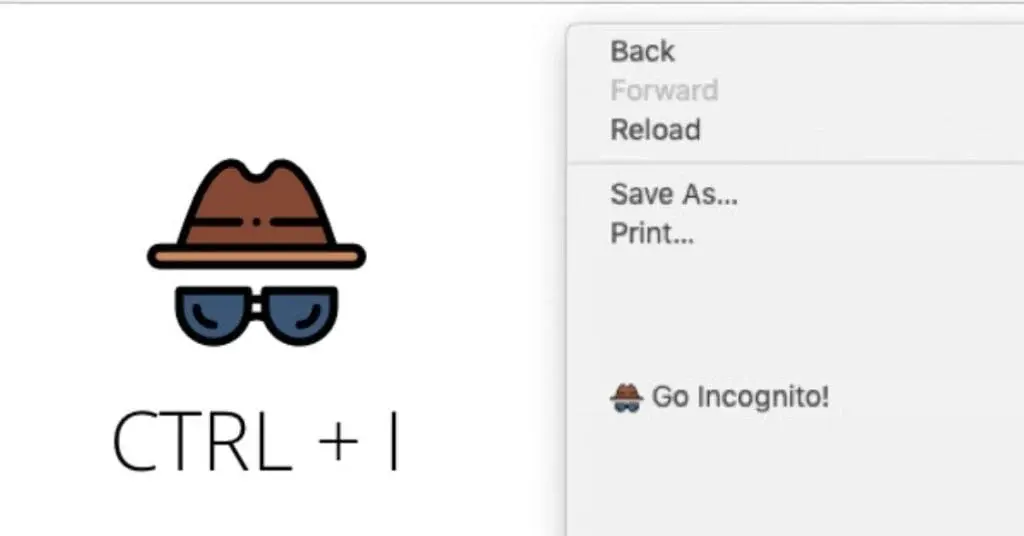Google Updates Explanation of Incognito Browsing
Google has made changes to its explanation of incognito browsing, aiming to provide a clearer understanding of its function. This update comes after Google settled a lawsuit in which it was accused of tracking users even when they were in incognito mode. The settlement required Google to pay a hefty $5 billion.
The updated explanation was spotted by MSPowerUser in the latest version of Google Chrome (version 122.0.6251.0). The new disclaimer now states:
“Others who use this device won’t see your activity, so you can browse more privately. This won’t change how data is collected by websites you visit and the services they use, including Google. Downloads, bookmarks, and reading list items will be saved.”
In comparison, the previous version stated:
“Now you can browse privately, and other people who use this device won’t see your activity. However, downloads, bookmarks, and reading list items will be saved.”
The updated disclaimer clarifies that while incognito mode hides a user’s activity from others using the same device, it does not prevent websites and services like Google from collecting data. Additionally, downloads, bookmarks, and reading list items will still be saved.
Google claims that this update offers users “even more information” and they are satisfied with resolving the lawsuit that they “long disputed.” However, it is likely that the update is a response to the lawsuit and the potential ruling by the judge, which may have required Google to be even more transparent about their data collection practices.
The plaintiffs in the lawsuit argued that Google’s practices resulted in an “unaccountable trove of information” about users who believed they were protecting their privacy.
Despite denying the allegations, Google’s decision to settle the case and update the disclaimer suggests a willingness to be more transparent about data collection in incognito mode.
This is not the first time Google has faced privacy lawsuits. They have previously been accused of violating federal wiretap laws and collecting user data from Wi-Fi networks without permission. The incognito mode case serves as a reminder to be cautious about the amount of information shared online, even when browsing privately.


